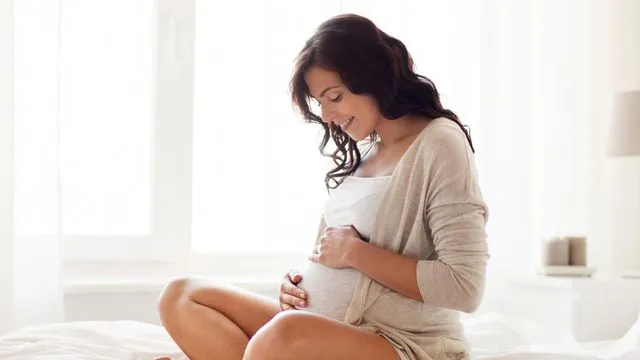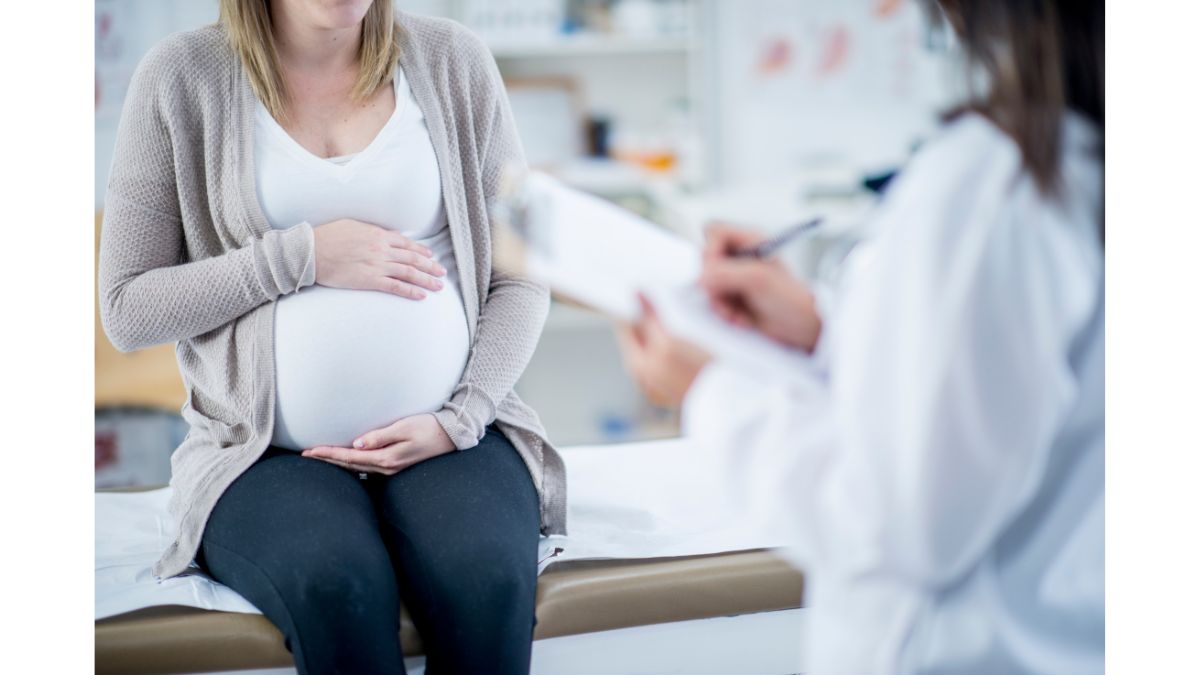- By Prerna Targhotra
- Sat, 23 Mar 2024 03:54 PM (IST)
- Source:JND
IVF Challenges In Older Women: In vitro fertilisation (IVF) is a boon for older women who wish to conceive. However, since the natural biological clock leads to declining egg quality and age-related factors can affect fertility and pregnancy outcomes, it poses unique challenges.
Women are born with a fixed number of eggs which reduces with age, especially after 37 years. With decreased ovarian reserve, the number and quality of their eggs decline, reducing the chances of successful IVF with her own eggs. Also, older women may require multiple IVF cycles to achieve a successful pregnancy, and the chances of live birth also decrease with each cycle. Also, there is an increased risk of chromosomal abnormalities such as Down syndrome, with older eggs.
In a conversation with Jagran English, Dr Astha Dayal, Lead Consultant, Obstetrics & Gynaecology, CK Birla Hospital, Gurugram explained the challenges in older women and lifestyle tips for healthy conceiving.
Firstly, they should enter fertility treatment in their most healthy state. This means maintaining a healthy weight through balanced nutrition and regular exercise. Consuming a nutritious diet rich in colourful fruits and vegetables, whole grains, lean proteins, and healthy fats provides essential nutrients and antioxidants that support fertility and reproductive health. This not only improves fertility and enhances the chances of a successful IVF.
Take a preconception counselling consultation with your gynaecologist to check for any medical issues, start supplements, take preconception tests and for advice regarding conception.
They should quit smoking, limit alcohol consumption and avoid recreational drugs. These negatively impact fertility and IVF success rates and can cause anomalies in the foetus and serious complications in pregnancy. Managing stress is also very important. High levels of stress can negatively affect fertility and IVF outcomes. Engaging in stress-reducing activities such as yoga, meditation, and mindfulness can improve overall well-being and enhance fertility.
Lifestyle modification also includes adequate sleep. Good sleep hygiene by aiming for 7-9 hours of quality sleep per night at the right time supports reproductive health and hormone balance.
Most importantly, one should understand that age leads to an irreversible change in egg quality and quantity, so if one plans not to conceive till late in their life, egg or embryo preservation at a younger age would lead to better IVF outcomes. Also for women who start planning late in their life, they should consult their gynaecologist or fertility specialist early to assess their individual fertility potential, discuss treatment options, and develop a personalised plan and timelines for them.
(Disclaimer: This article is for informational purposes only. It is not a substitute for professional advice, diagnosis or treatment.)


